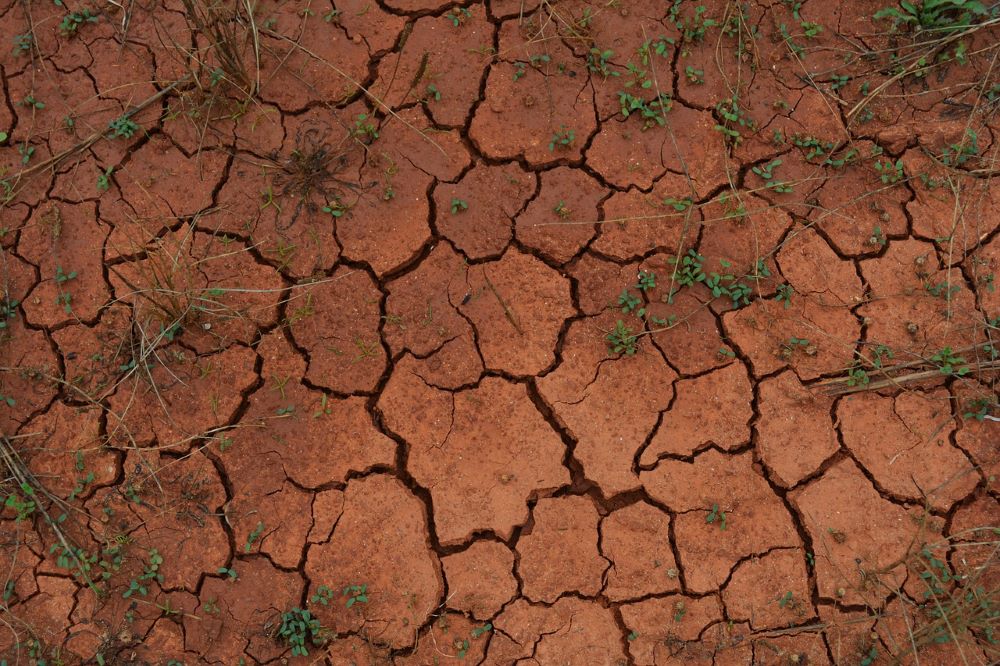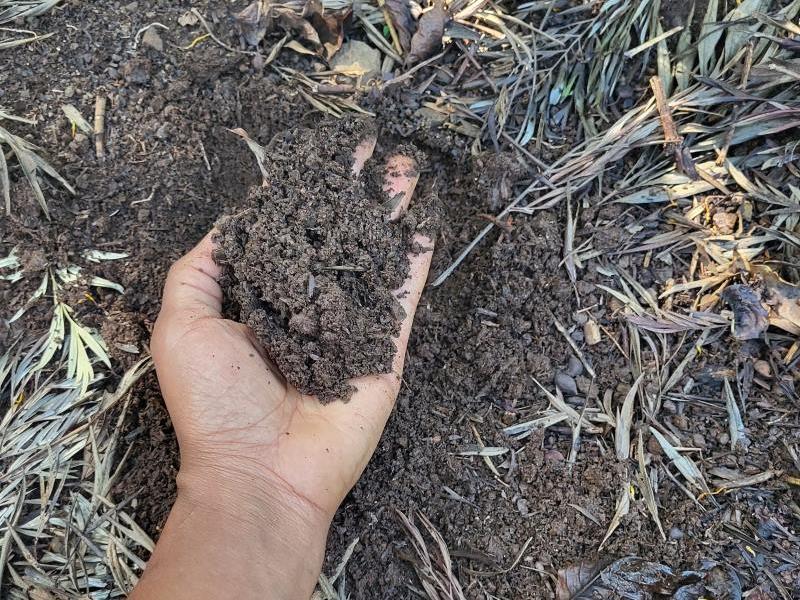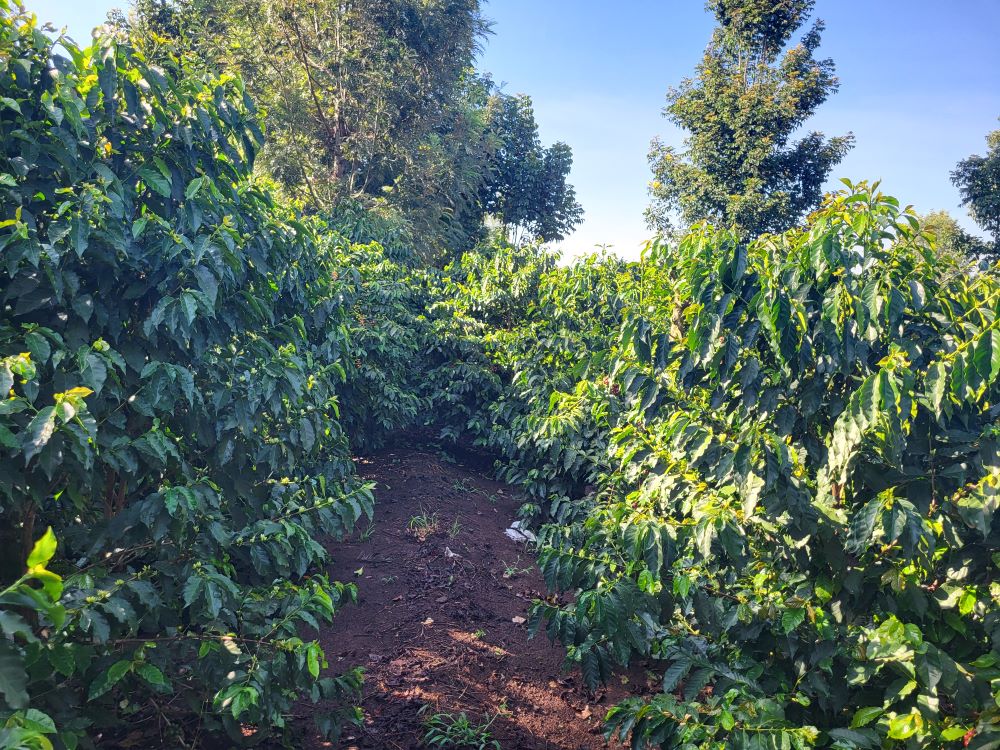Soil is the foundation of life, playing a crucial role in sustaining ecosystems, agriculture, and human well-being. Across the globe, soil degradation due to unsustainable practices, climate change, and neglect has reached alarming levels. The European Commission and the African Fertilizer and Soil Health Summit emphasize the urgent need for action.
Soil degradation affects agricultural productivity, biodiversity, and climate goals, threatening food security and livelihoods. From the coffee farms of Kenya to European agricultural fields, healthy soil is essential for sustainable development.
This report explores the challenges, solutions, and international commitments to restoring and preserving soil health.
Highlights:
The Draft Nairobi Declaration on Africa Fertilizer and Soil Health Summit
The Nairobi Declaration underscores Africa's commitment to improving soil health and agricultural productivity through targeted actions.
Highlights include:
- Increasing Fertilizer Use: Triple domestic production of quality fertilizers by 2034, reducing import dependence.
- Reversing Land Degradation: Restore 30% of degraded soils by 2034 using integrated soil and water management practices.
- Financing Mechanisms: Operationalize the Africa Fertilizer Financing Mechanism to support soil health and fertilizer accessibility.
- Policy Harmonization: Enhance public-private partnerships and strengthen last-mile delivery systems.
- Capacity Building: Promote research, development, and knowledge-sharing initiatives to empower farmers with sustainable practices.
The EU Soil Strategy for 2030
The EU has developed an ambitious strategy to reverse soil degradation to achieve sustainable land use and align soil health efforts with broader environmental goals.
Key elements include:
- Soil Monitoring Law: Establish standardized soil health monitoring and enforce sustainable land management.
- Climate Action: Protect peatlands and enhance soil carbon sequestration to mitigate greenhouse gas emissions.
- Restoration Targets: Restore degraded land to improve biodiversity and agricultural productivity.
- Awareness and Education: Promote understanding of soil conservation through public and farmer engagement.
 The Impact of Soil Degradation
The Impact of Soil Degradation
Soil Health in Kenya: A Coffee Farmer's Perspective
Kenya, renowned for its high-quality Arabica coffee, faces significant soil degradation challenges such as erosion and nutrient depletion. However, local farmers are adopting innovative methods, including:
- Agroforestry: Combining coffee cultivation with tree planting to reduce erosion and improve microclimates.
- Organic Composting: Enhancing soil fertility and structure through natural fertilizers.
- Soils4Africa Initiative: Providing farmers with comprehensive soil health databases to guide sustainable practices.
 Kenyan volcanic soil suitable for coffee cultivation
Kenyan volcanic soil suitable for coffee cultivation
Benefits of Healthy Soil for Agriculture and Beyond
- Improved Agricultural Productivity: Healthy soil enhances crop yields and quality. Nutrient-rich soils improve bean size, flavor, and aroma for coffee farmers, which is crucial for market competitiveness.
- Enhanced Water Retention: Well-structured soils effectively retain moisture, mitigating the impact of erratic rainfall patterns in regions like Kenya and drought-prone parts of Europe.
- Biodiversity Conservation: Soil health supports diverse microbial ecosystems, which are key to nutrient cycling and pathogen suppression.
- Climate Mitigation: Healthy soils act as carbon sinks, sequestering atmospheric carbon and aligning with global climate goals.
- Economic Resilience: Sustainable soil management reduces dependence on expensive chemical inputs and ensures long-term agricultural productivity, benefiting farmers economically.
 Thriving Coffee Farm with Healthy Soil
Thriving Coffee Farm with Healthy Soil
Addressing Soil Degradation: Solutions and Recommendations
Sustainable Farming Practices
- Minimize soil tillage to reduce erosion.
- Use cover crops to shield soil from weather impacts.
- Apply organic fertilizers to restore soil nutrients.
Restoring Degraded Lands
- Reclaim abandoned lands through afforestation and agroforestry.
- Implement water management systems to combat erosion.
Reducing Soil Contamination
- Limit the use of chemical fertilizers and pesticides.
- Improve waste management to prevent pollutants from seeping into the soil.
Promoting Soil Biodiversity
- Protect wetlands and native vegetation to support ecological balance.
- Encourage wildlife conservation in agricultural areas.
Raising Public Awareness
- Educate farmers and communities about the importance of soil health.
- Promote government and NGO-led initiatives to foster sustainable land-use practices.
Conclusion
Soil health is critical in addressing global challenges, from food security and biodiversity loss to climate change. Efforts to restore and maintain soil health benefit both European and Kenyan coffee farmers, ensuring sustainable production and high-quality yields. These initiatives emphasize the interconnectedness of global agriculture and the critical role of healthy soils in sustaining livelihoods and ecosystems.
Healing the Earth: A Global Mission to Reverse Soil Degradation